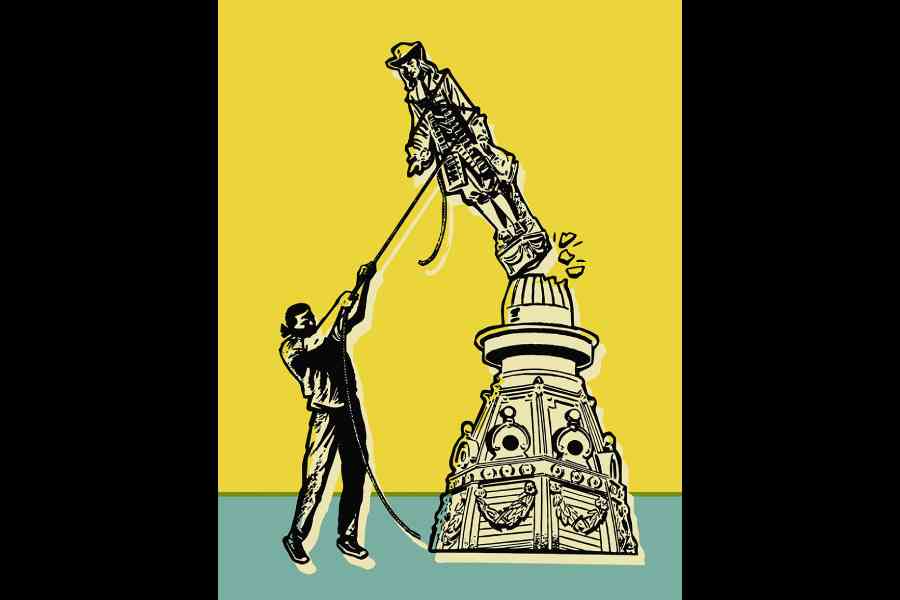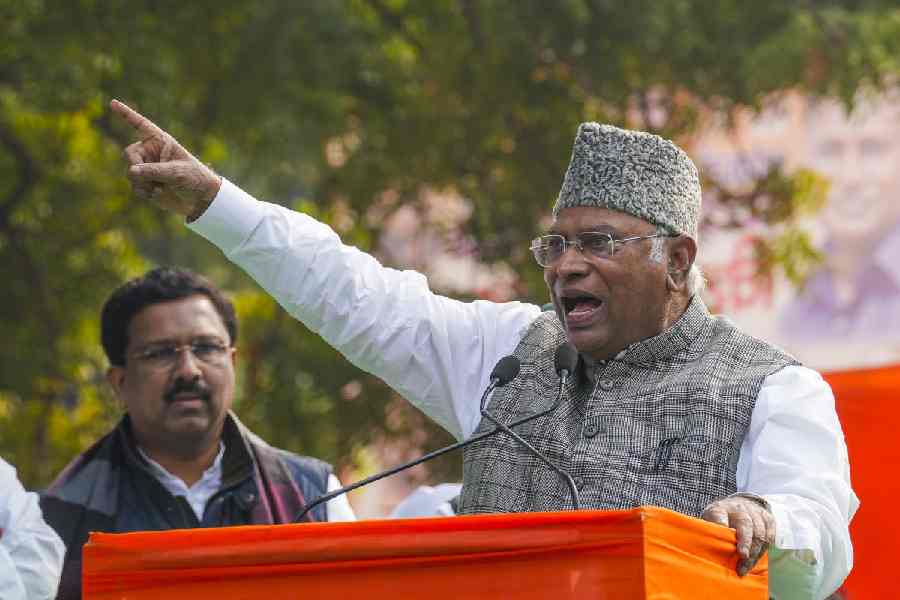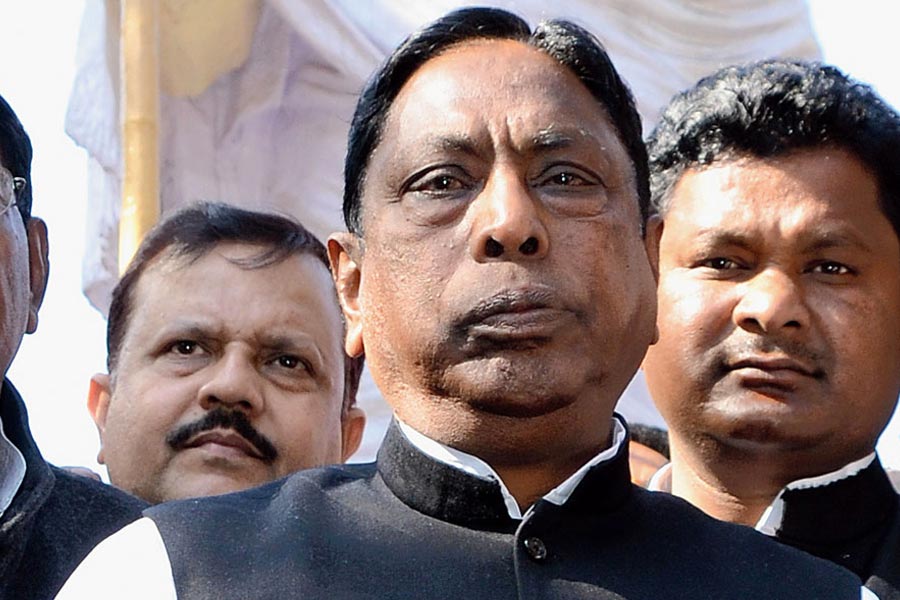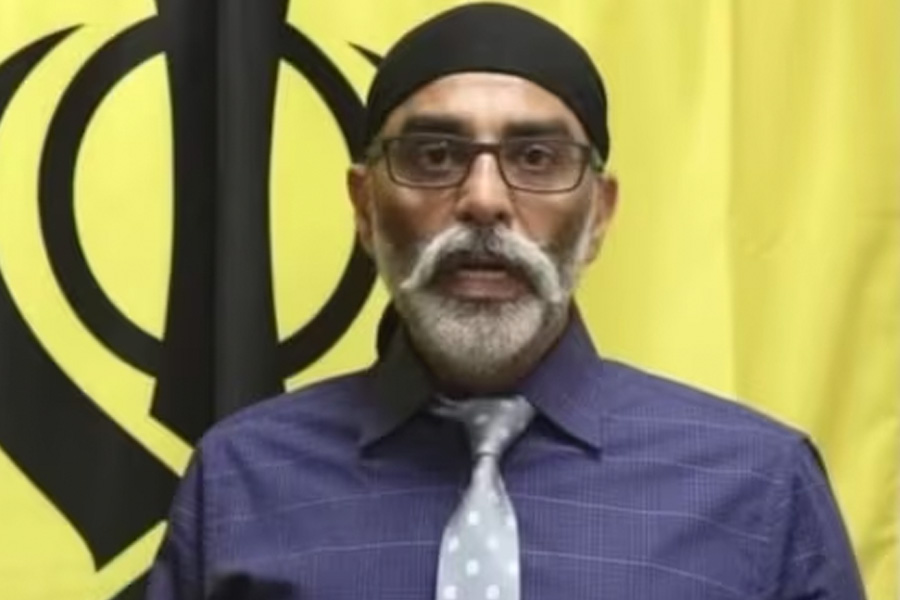Book: Defeating The Dictators: How Democracy Can Prevail In The Age Of The Strongman
Author: Charles Dunst
Publisher: Hodder & Stoughton
Price: ₹799
If you thought that this book would provide you with a step-by-step guide on how to topple a tyrant and lead a people’s revolution, then you are mistaken.
This book contains no such ‘toolkit’. Defeating the Dictators argues that democracy is better, no matter how broken the system.
This is a remarkably well-planned document that charts the areas in which democracy needs to improve in order to show the world — a world with an increasing number of authoritarian nations — that democracy is still the best way forward to ensure the equitable development of all people.
Charles Dunst enumerates the categories in which he believes democracies have been failing: merit, accountability, trust, longterm goals, universal social welfare programmes, nurturing human capital, and last but most important, addressing the issue of immigration.
Each of these issues forms individual chapters, with Dunst explaining the current shortcomings of democracy by using examples of success stories — instances of countries where merit has been recognised, governments that hold their own officials accountable, nations which invest in long-term goals and so on.
Interestingly, some of these examples seem to be of nations that Dunst classifies as “successful autocracies” — Singapore’s meritocratic system of education is supposedly the envy of the world, but Lee Kuan Yew and his successors have allegedly prioritised the collective good over individual freedoms.
The government of the United Arab Emirates is trusted by its citizens because it undertakes an annual evaluation of all the offices it runs, but we don’t really need fresh evidence to underline the UAE’s autocratic ways.
Using data from government surveys and case studies, Dunst adroitly lists ways in which democracies can make life better for their own citizens and present themselves as attractive alternatives to autocratic regimes.
Dunst suggests, for example, that the United States of America can regain the trust of its citizens by making its electoral process more transparent. Full disclosure of all political campaign spending would go a long way towards resolving the “crisis of trust.”
Defeating the Dictators has some glaring deficiencies though.
No country from South America or Africa is discussed — is Uruguay, the host of World Press Freedom Day in 2022 and boasting a comprehensive social security programme, not worth a mention? Is there no methodology for flawed democracies like India and Botswana to improve?
Dunst’s comparative analysis seems to consider the US, the United Kingdom, South Korea, Japan and Western Europe as bastions of democracy which should roll up their sleeves and clean up their act. Should the rest of us twiddle our thumbs?










